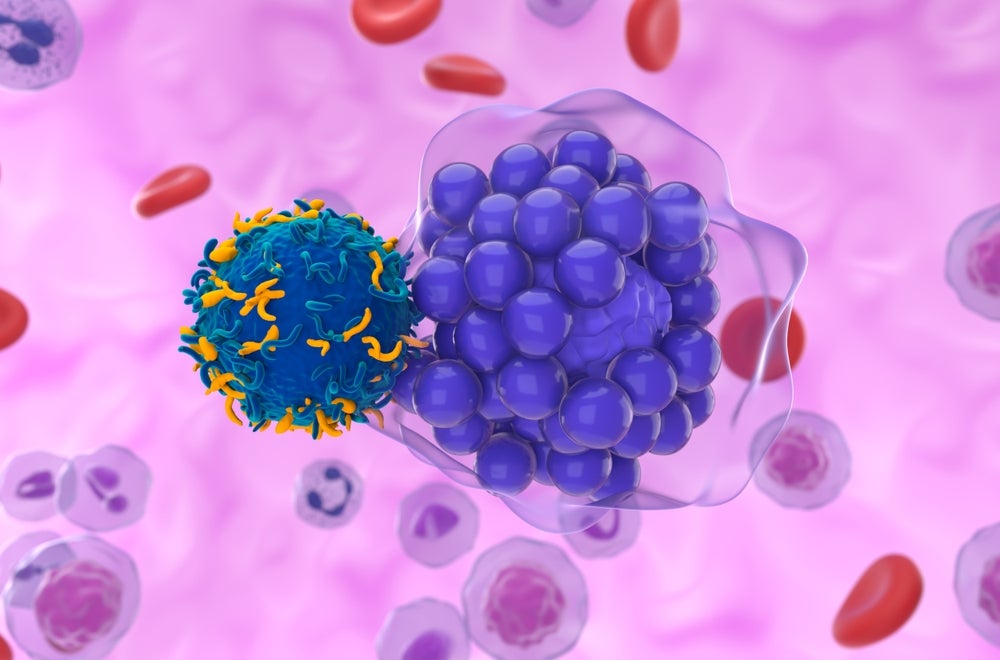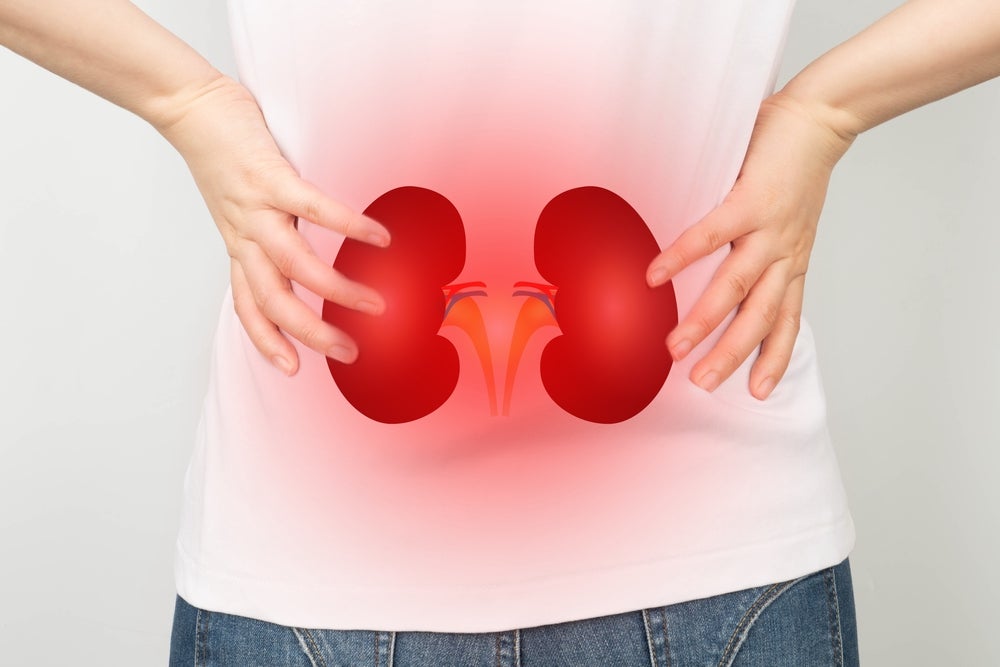Everything You Need To Know About Vitamin D and Calcium
We’ve all heard that vitamin D and calcium are good for our bones—but their connection runs much deeper than that. These two powerhouse nutrients play key roles in many important functions throughout the body, and they’re especially effective when working together. In this blog, we’ll cover everything you need to know about how vitamin D […] The post Everything You Need To Know About Vitamin D and Calcium appeared first on Purality Health® Liposomal Products.

We’ve all heard that vitamin D and calcium are good for our bones—but their connection runs much deeper than that.
These two powerhouse nutrients play key roles in many important functions throughout the body, and they’re especially effective when working together. In this blog, we’ll cover everything you need to know about how vitamin D and calcium interact, why they matter for your health, and how to make sure you’re getting enough of each.
By the end, you’ll understand not just what vitamin D and calcium do—but how they team up to keep you strong, healthy, and thriving.
But before we look at them together, let’s learn more about them on their own.
What Is Calcium?
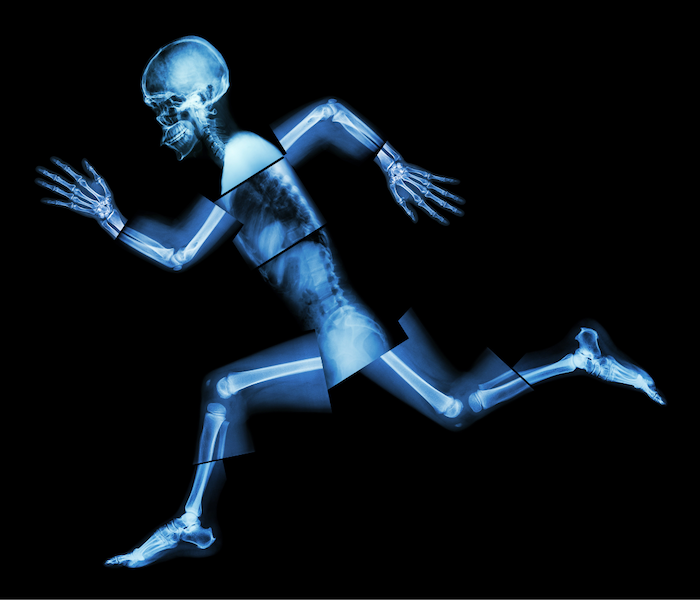 Calcium is the most abundant mineral in the human body. About 99% of it is stored in your bones and teeth, but it also plays a role in muscle contraction, nerve transmission, and blood clotting.
Calcium is the most abundant mineral in the human body. About 99% of it is stored in your bones and teeth, but it also plays a role in muscle contraction, nerve transmission, and blood clotting.
Key Functions:
- Bone and Teeth Structure: Calcium provides hardness and structure to your bones and teeth.
- Muscle Movement: It helps muscles contract properly.
- Nervous System Support: It aids in transmitting signals between nerves.
- Heart Health: It supports normal heartbeat and blood clotting.
When your body doesn’t get enough calcium from your diet, it pulls it from your bones—weakening them over time.
What Is Vitamin D?
Vitamin D is a fat-soluble vitamin often called the “sunshine vitamin” because your skin makes it when exposed to sunlight. But it’s not just a vitamin—it acts like a hormone in the body, influencing over 2,000 genes.
Key Functions:
- Calcium Absorption: It helps your body absorb calcium from food and supplements.
- Immune System Support: It helps regulate immune responses.
- Mood and Brain Health: Low levels are linked to depression and cognitive decline.
- Inflammation Control: It reduces chronic inflammation, which is linked to many diseases.
Vitamin D comes in two main forms: D2 (from plants) and D3 (from animals and sunlight), with D3 being more effective at raising blood levels.
6 Ways Vitamin D and Calcium Work Together
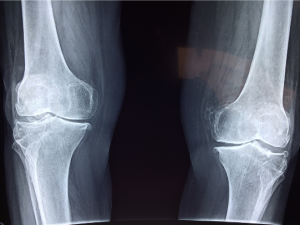 1. Vitamin D Boosts Calcium Absorption
1. Vitamin D Boosts Calcium Absorption
This is their most well-known connection. Without enough vitamin D, your body can only absorb about 10-15% of the calcium you consume. With sufficient vitamin D, absorption increases to 30–40% or more. [1]
When your vitamin D levels are low, your body pulls calcium from your bones to maintain proper blood levels—raising the risk of bone thinning and fractures over time.
2. They Team Up to Build and Maintain Strong Bones
Calcium is the building block of bones, but it can’t do its job without vitamin D guiding it into your system. Together, they help form bone matrix and keep bones dense and strong—especially critical in childhood, adolescence, and older adulthood. [2]
Vitamin D also helps regulate bone remodeling, a natural process where old bone is broken down and replaced with new bone.
3. They Help Prevent Osteoporosis and Fractures
Many studies show that getting enough calcium and vitamin D can help prevent osteoporosis, a condition where bones become brittle and prone to breaking. A 2016 meta-analysis found that supplementing both significantly reduced the risk of hip fractures in older adults. [3]
The combination is especially important after menopause, when estrogen levels drop and bone loss speeds up.
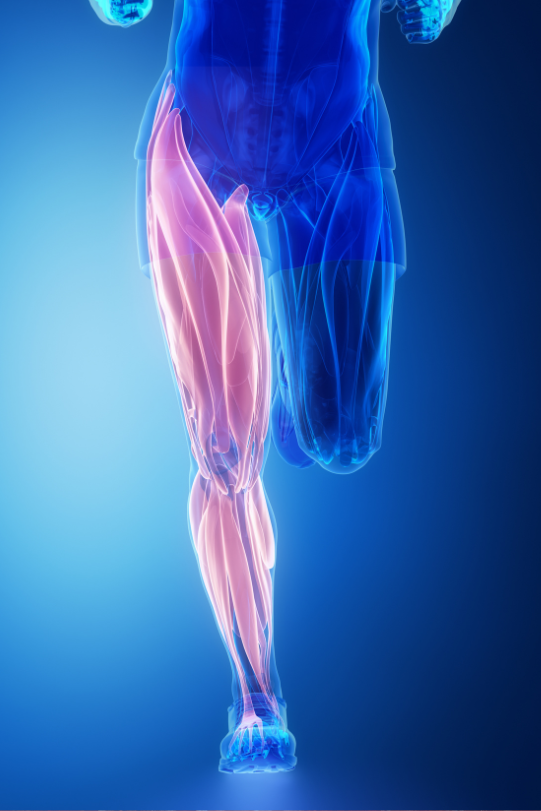 4. They Support Muscle Function and Reduce Fall Risk
4. They Support Muscle Function and Reduce Fall Risk
Calcium helps muscles contract, while vitamin D helps muscles stay strong and coordinated. Low levels of either can lead to muscle weakness, cramps, or slower reaction times.
A 2011 review found that vitamin D supplementation improved muscle strength and balance in older adults—reducing falls and related injuries. [4]
Since falls are a major cause of injury in the elderly, this partnership can be life-saving.
5. They May Work Together to Protect the Heart
Emerging research suggests vitamin D and calcium might help regulate blood pressure and reduce the risk of heart disease.
One study published in The Medical Journal of Medicinal Sciences found that people with higher vitamin D levels had a lower risk of cardiovascular disease. Calcium helps blood vessels contract and relax, which is important for healthy blood flow. [5]
Important note: High doses of calcium without vitamin D might not be heart-friendly, so it’s all about balance.
Are You Getting Enough?
Vitamin D and calcium are like the dynamic duo of the nutrient world—powerful on their own, but even better together. They help keep your bones strong, muscles moving, and immune system sharp. But if you’re low in one, the other can’t do its job properly.
But here’s a major issue: WAY too many people have low levels of vitamin D.
This means that even if you consume a healthy amount of calcium… it may not be making the difference you’d hope.
Why could this be?
The recommended daily intake of vitamin D is 733% LOWER than it should be!
>>> Click here to learn about this recent bombshell study, why this mistake happened, and how you can get two of our vitamin D bottles for the price of one!

The post Everything You Need To Know About Vitamin D and Calcium appeared first on Purality Health® Liposomal Products.
What's Your Reaction?









